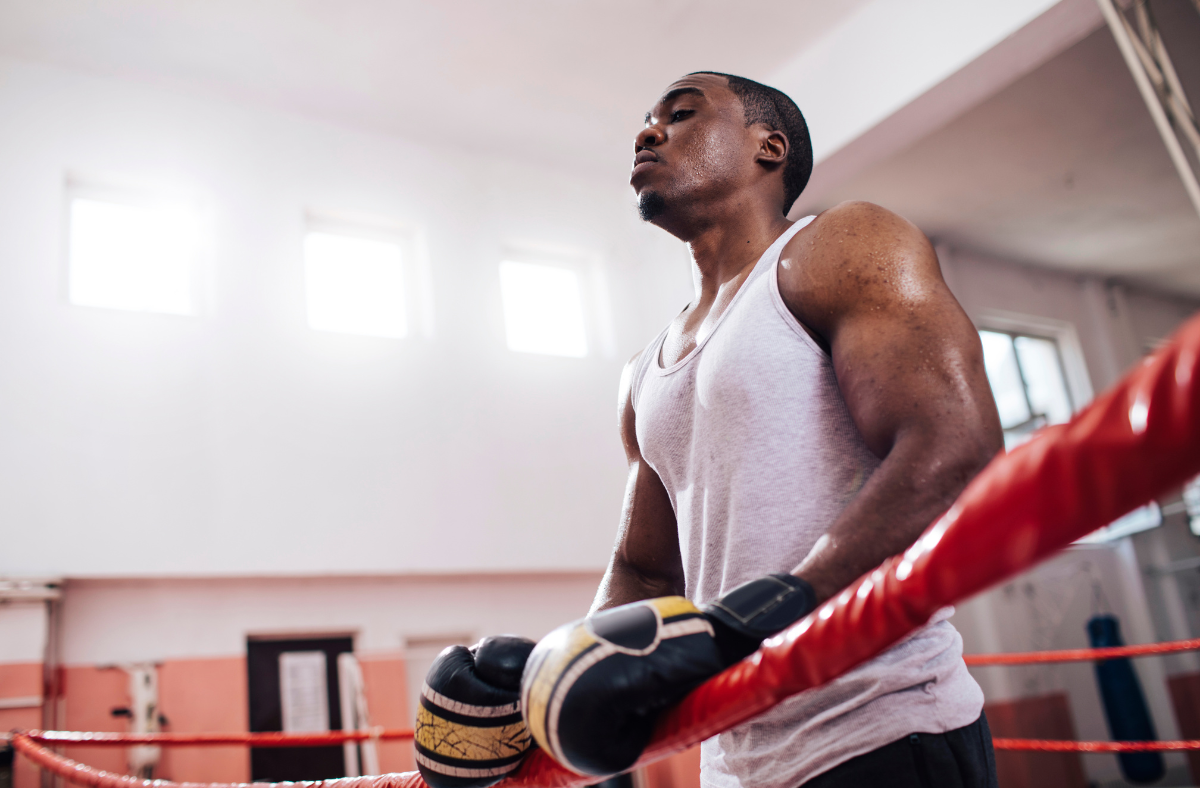The 34th President of the US, Dwight D Eisenhower, once said, “Motivation is the art of getting people to do what you want them to do because they want to do it.”
Motivation is an internal energy force that influences all elements of our behaviour, as well as how we think, feel, and interact with others. High motivation is usually considered a necessary condition for players to reach their full potential in sports.
However, due to its fundamentally abstract character, it is a force that is frequently difficult to fully use. Every one of us has an untapped energy source that may be used to achieve better results. Enhancing motivation is primarily about changing one’s attitude, having a positive “can do” mindset, and participating in systematic behaviours that assist progress.
If you are in a position of leadership in sports, you will have a significant impact on how motivated your players or team are. You want to instil a strong work ethic, recognise individual effort, and implement clear incentive mechanisms that boost people’s confidence (tapping into the energy source).
Pat Riley, a famous basketball player, once said, “If you have a positive attitude and constantly strive to give your best effort, eventually you will overcome your immediate problems and find you are ready for greater challenges”.
Effort is isolated. The reason why effort is isolated is that nobody can dictate it. Effort is 100% in the mind of the individual. No coach, no player, nobody else can create or train effort.
When you as an individual within your sports environment understand this and figure out how to tap into your effort source that is founded on certain fundamentals (goal setting, mastery approach, task and ability confidence, self-worth and personal control), this could make you run faster, hit harder, jump higher and kick better.
This is effort, when an athlete accomplishes the work, invests the time, and makes the sacrifices required to build abilities and perform well. It entails emotionally and physically preparing for a game, sacrificing pleasurable things to practice, practising more and harder than others, and making the most of practice sessions.
To summarise the above into three short statements:
Ability is what you’re capable of doing.
Motivation determines what you actually do.
Effort and Attitude determine how well you do it.
TIPS FOR PARENTS
How much effort does your child put in? How high was their effort on the field or track last time out? In which situations has their effort been high and in which situations has it been low?
You as a parent can influence your child’s effort levels.
As much as possible, discuss with your child how enjoyable and important healthy participation is without adding pressure but focusing on enjoyment, commitment and the positive social impact sport can have on your life as a young person.
Be sure that your judgments of the importance of success in the sport are not the only focus of motivation. Rather, the importance of effort.
TIPS FOR ATHLETES
Assess how essential your objectives are to you to enhance effort. If winning isn’t that essential to you, or if you’re not having fun, upping your effort will be tough.
Make a list of your efforts, particularly those that come in the face of errors, disappointments, hurdles, or setbacks. Determine which are favourable and beneficial to developing a sense of personal control over circumstances, and which are not.
Your degree of effort stems from excellent mental abilities, particularly those linked to objectives (Goal Setting, Goal Implementation, and Mastery Approach) and self-concept (Task Confidence, Self-Worth, and Personal Control).
TIPS FOR COACHES
Athletes who do not sincerely respect and enjoy accomplishment in sports cannot maintain high levels of effort. Discuss with your athletes the value of participating and obtaining the highest degree of expertise possible.
You may boost your athletes’ motivation towards effort by increasing their mental abilities, particularly those connected to specific goals.
Make certain that they set goals that are significant to them, as well as goals that are precise, hard, and feasible. Check that they developed and implemented precise plans to achieve objectives.
Athletes can be rewarded for reaching their sub-goals, milestones, and objectives. Avoid creating externally focused goals (for example, being ranked no 1, or being better than the other team). Set internal goals, focus on seeing improvement compared to the previous year’s performance, mastery of key abilities that were lacking previously focusing on one’s own motivation, focus and effort.
Continuous effort, not strength or intelligence is the key to unlocking our full potential to be a successful athlete.


